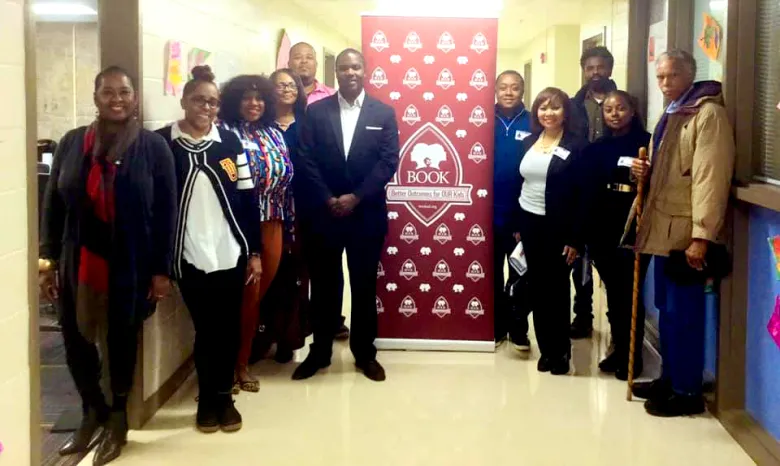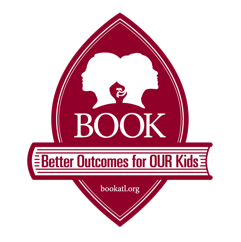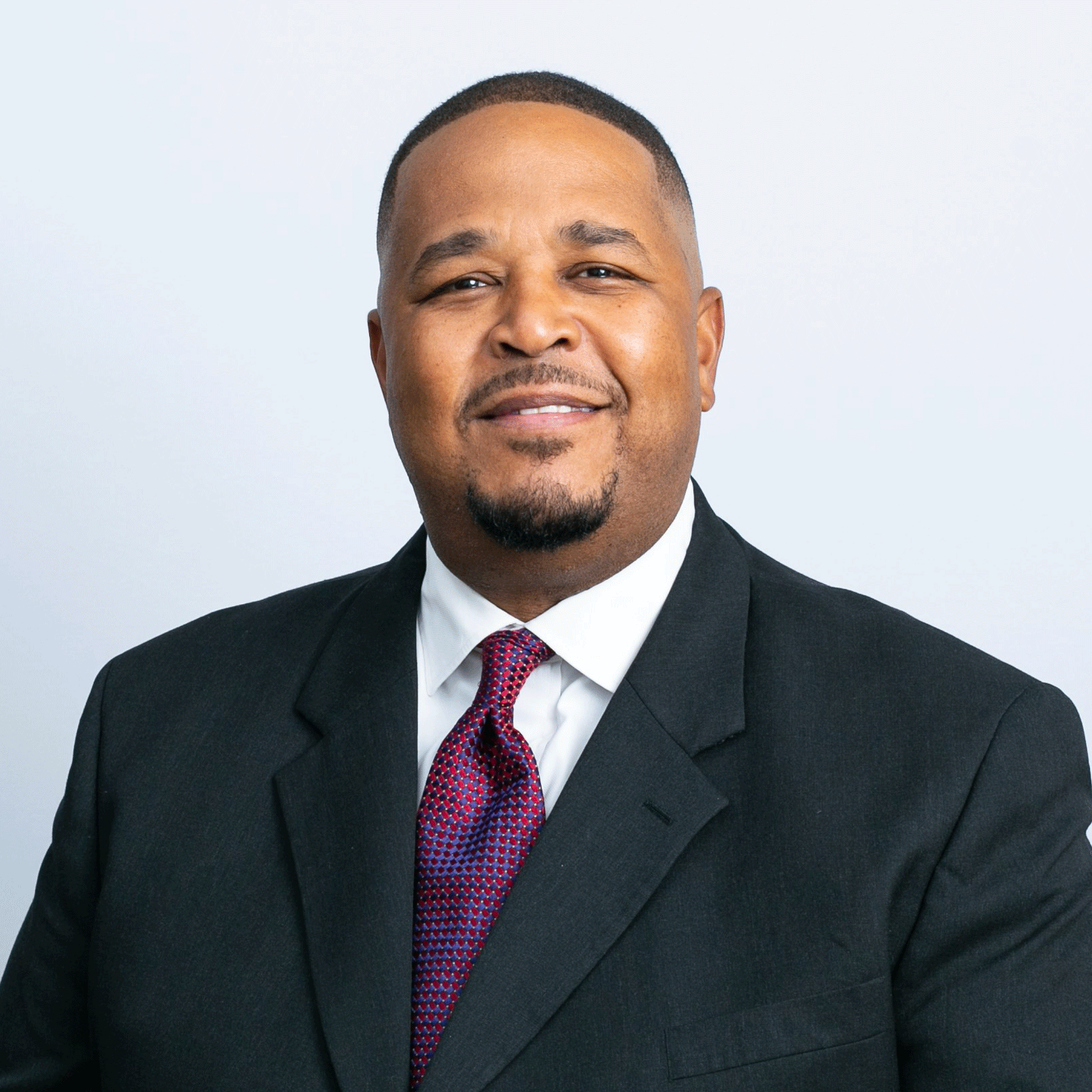
Atlanta-based nonprofit BOOK takes on urban education crisis through support of public charter schools
By Maynard Eaton | January 23, 2020
Throughout the nation urban education is in crisis, but a four-year-old, Atlanta-based nonprofit called Better Outcomes for Our Kids Inc. (BOOK) may be the best bet yet for its future success.
According to its founder David Mitchell, BOOK is dedicated to increasing the access, awareness and accountability of high quality, publicly funded, educational options for African American children.
The organization is one of the city’s few nonprofits that have been founded and operated by African Americans primarily focused on public charter schools.
“BOOK is a passion; it’s a calling that I’m trying to turn into a movement,” said Mitchell, who serves as BOOK’s president and CEO. “I have been a champion for saying public charter schools should be an option for African American families.”
Sign up for our free newsletters and receive unparalleled coverage of Atlanta’s African American community in your inbox.
Email Address
That’s what Mitchell wanted for his twin children – a good school option – and that’s why BOOK was born. His children were designated to attend an elementary school in his southeast Atlanta neighborhood that he deemed totally unacceptable. Then good fortune intervened.
“It was really an act of God that my wife was recruited to be a board member of Atlanta Neighborhood Charter School, and as a result my children were able to get into one of the best schools in Georgia,” Mitchell recalls. “A school that was the 2015 Georgia Charter School of the Year.”
But Mitchell didn’t stop there.
“BOOK is the brainchild of me saying I didn’t want another family like mine to find themselves in a position, where because of poor test scores, sub-standard physical plant, or fear for their safety, not to know what there other options are,” said Mitchell, whose mother is a retired former inner-city art teacher. “BOOK was founded for that reason only. Not to tell parents what’s good or bad; not to tell parents to go left or right, but to say here is the menu of options for your child. Pick one that’s best for you and their educational needs.”
Most of the growth of the Quality School Movement in Atlanta, which introduced charter schools to many African American communities struggling to educate their children, followed the “Atlanta cheating scandal” in 2014.
“The whole thing about school choice resonated with me because I believe parents must have options that fit their child, and you have to advocate on behalf of your child,” says Jennifer Freeman, a business development and political consultant who joined BOOK a year ago. “It’s really making sure that all parents know what their options are, and that’s what BOOK is really all about. We’re not trying to be in the middle of a political fight, rather than just letting people know what’s on the menu.”
BOOK unabashedly advocates primarily for public charter schools as an education alternative, Mitchell said.
“We think that the public charter schools have been a vessel of innovation,” said Mitchell, a corporate capital professional. “In most cases that innovation has been formed in areas supporting ‘the least of these.’ We just felt like African American families, in many cases, were not aware of that vehicle.
“We’re not telling African American families that’s a vehicle they should choose,” he explained. ”We’re simply saying African American families need to know that vehicle exists.”
The Charter School Movement has provoked a national controversy and produced a cadre of naysayers.
Take for example, Lisa Leake, an Alexandria, Virginia educator, who argues, “I am passionately against charter schools, as they are portrayed as saviors for children in poverty, but in fact, they are not! Have you seen the education documentary ‘Waiting on Superman’?”
Ed Johnson, who writes a social media commentary column called an Advocate for Quality in Public Education said he is concerned about the ongoing survivability of public education, and “BOOK as an organization is contrary to that concern.”
“BOOK is not an organization to engage the community in doing the hard work of improving our schools, as opposed to trying to promote easy fixes such as Charter Schools,” argued Johnson, a former Morehouse adjunct professor whose weekly email blasts are reportedly “read everywhere.” “There is no magical fix. What BOOK stands for is wanting to have instant pudding with these charter schools.”
Mitchell vehemently disagreed with his chorus of critics.
“Since the beginning of what is now called The Quality Schools Movement, which used to be known as The Public School Charter Movement, this tension between communities that support traditional schools is (viewed) as a threat which is less about children and more about money, and more about control, and more about power then making sure kids are getting educated,” Mitchell said. “You’ve got folks on the other side who will say public charters are destroying the framework and foundation and formula for public education. I beg to differ.”
Mitchell continued, “Most African Americans that go to traditional schools in economically struggling communities are typically going to public schools that are also underperforming.”
Greg Clay, who leads BOOK’s advisory committee called The Men of BOOK, admitted that his perception of BOOK has changed since joining the organization. He now serves as captain of a growing seven-member team of African American men comprised of educators, businessmen, civic leaders, and former elected officials.
“Before I got intimately involved, BOOK was super controversial,” Clay said. “Although (Mitchell) says BOOK is an organization where we are the waiter bringing all these options for parents and students, there was this stigma in the community that we are just pro-charter schools. We’ve had to beat back on that narrative.
“The organization really has evolved,” he added. “To look at where BOOK was last year compared to this year, it’s very different in the way it is perceived and the way we have moved closer towards the center. As an organization, we are saying there are some good options out here in addition to charter schools.”
“It’s been a rough road,” is how Mitchell assesses where BOOK is now. “We have been running an organization that’s trying to make monumental change, in a sometimes hostile environment, with very little funding.”




